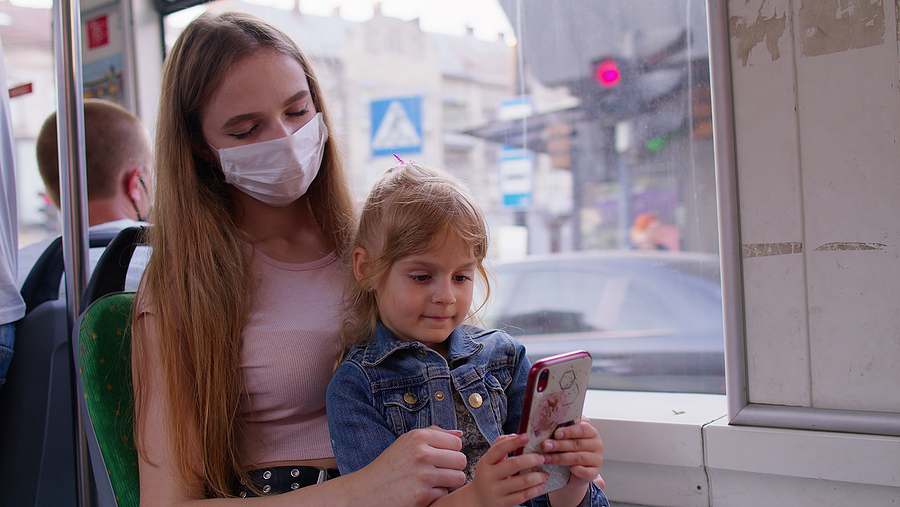Children and Family Law
CHILDREN COME FIRST
FAMILY MEDIATION
PRACTICAL SOLUTIONS
LITIGATION
The Best Interests of the Child
The paramount consideration is the best interests of the child.
To determine what is in a child’s best interests we turn to section 60CC of the Family Law Act and weigh and assess the factors listed there which include:
- The benefit to children of having a meaningful relationship with both their parents.
- Protecting the child from physical or psychological harm from being subjected to, or exposed to abuse neglect or family violence.
- Views expressed by the child.
- The nature of the relationship of the children with each parent and other persons.
- The willingness of each parent to facilitate and encourage a close and continuing relationship between the child and the other parent.
- The likely effect of any changes in the child’s circumstances including the likely effect on the child of separation from parents.
- The capacity of each parent to provide for the needs of the children including emotional and intellectual needs.
- The attitude to the child and the responsibilities of parenthood, demonstrated by each of the child’s parents.
- Any family violence involving a child or member of the child’s family.
- Any family violence order that applies to the child or a member of the child’s family.
- Whether it would be preferable to make the order that would be least likely to lead to the institution of further proceedings in relation to the child.
- Any other fact or circumstance that the court thinks is relevant.

We make things easy, efficient and worry-free.
Talk to us today.

Children’s Rights
The Family Law Act 1975 enshrines the following rights of the child:
- Ensuring children have the benefit of both of their parents having a meaningful involvement in their lives.
- To know and be cared for by both their parents, regardless of whether their parents are married, separated, have never married or have never lived together.
- To spend time on a regular basis with, and communicate on a regular basis with, both their parents and other people significant to their care, welfare and development (such as grandparents and other relatives).
- To enjoy their culture (including the right to enjoy that culture with other people who share that culture).
- Those set out in the Convention on the Rights of the Child, New York, 20 November 1989.
Parental Responsibilities and Duties
Under the Family Law Act 1975, parents do not have rights, rather, it is the children who hold the rights. Parents are said to have responsibilities, duties and obligations; including the obligation to financially provide for their children.
Mediation
The Family Law system in Australia encourages parents to arrive at their own agreements.
In relation to parenting matters, other than in situations where abuse or family violence are live issues, it is a statutory requirement for parties to attend a family dispute resolution provider and make a genuine effort to reach agreement, prior to being issued with a certificate pursuant to section 60 I of the Family Law Act, upon receipt of which, a party is enabled to commence parenting proceedings in the Court.
At mediation an agreement may be reached and documented as a parenting plan or as Consent Orders filed with the Court. Only the latter creates legally enforceable rights.
Court
When asked to make a parenting order, the Family Court must make the presumption that it is in the best interests of the child under consideration for the order of equal shared parental responsibility to be made, unless it is rebutted because of abuse or family violence, or because it is otherwise contrary to that child’s best interests.
Equal Time
If the order for equal shared parental responsibility is made, in most cases the Court goes on to consider making an order that the child spend equal time so long as it is in that child’s best interests and provided that it is reasonably practicable.


Substantial and Significant time
If equal time is not in the child’s best interests and not reasonably practicable, then the Court will go on to consider the child spending substantial and significant time with the parent the child does not live with, and which time is defined to include each of the following:
- Week-end time.
- School week time.
- School holiday time.
- Special occasion time.
To determine what is reasonably practicable the Court turns to section 65DAA of the Family Law Act.
These factors include:
- How far apart the parents live from each other.
- The parents’ current and future capacity to implement an arrangement for the child spending equal time, or substantial and significant time, with each of the parents.
- The parents’ current and future capacity to communicate with each other and resolve difficulties that might arise in implementing an arrangement of that kind.
- The impact that an arrangement of that kind would have on the child.
- Anything else the Court considers relevant.
Parental Responsibility
An order for equal shared parental responsibility means there is a mutual obligation on both parents to consult and to try and reach agreement in relation to major long term issues including the child’s:
- Education (both current and future).
- Religious and cultural upbringing.
- Changes to the child’s living arrangements that make it significantly more difficult for the child to spend time with a parent.
The order will not be made if there are reasonable grounds to believe that a parent has engaged in child abuse or family violence or it is otherwise not in the child’s best interests.
If an order for sole parental responsibility is made in one parent’s favour, that parent, will solely exercise all the duties, powers, responsibilities and authority which, by law, parents have in relation to children.
If an order for sole parental responsibility is made the Court is not obliged to go on and consider equal or substantial and significant time.

We make things easy, efficient and worry-free.
Talk to us today.
Copyright © 2013 – 2023 Family Law Legal – O’Sullivan Legal. | Sitemap

